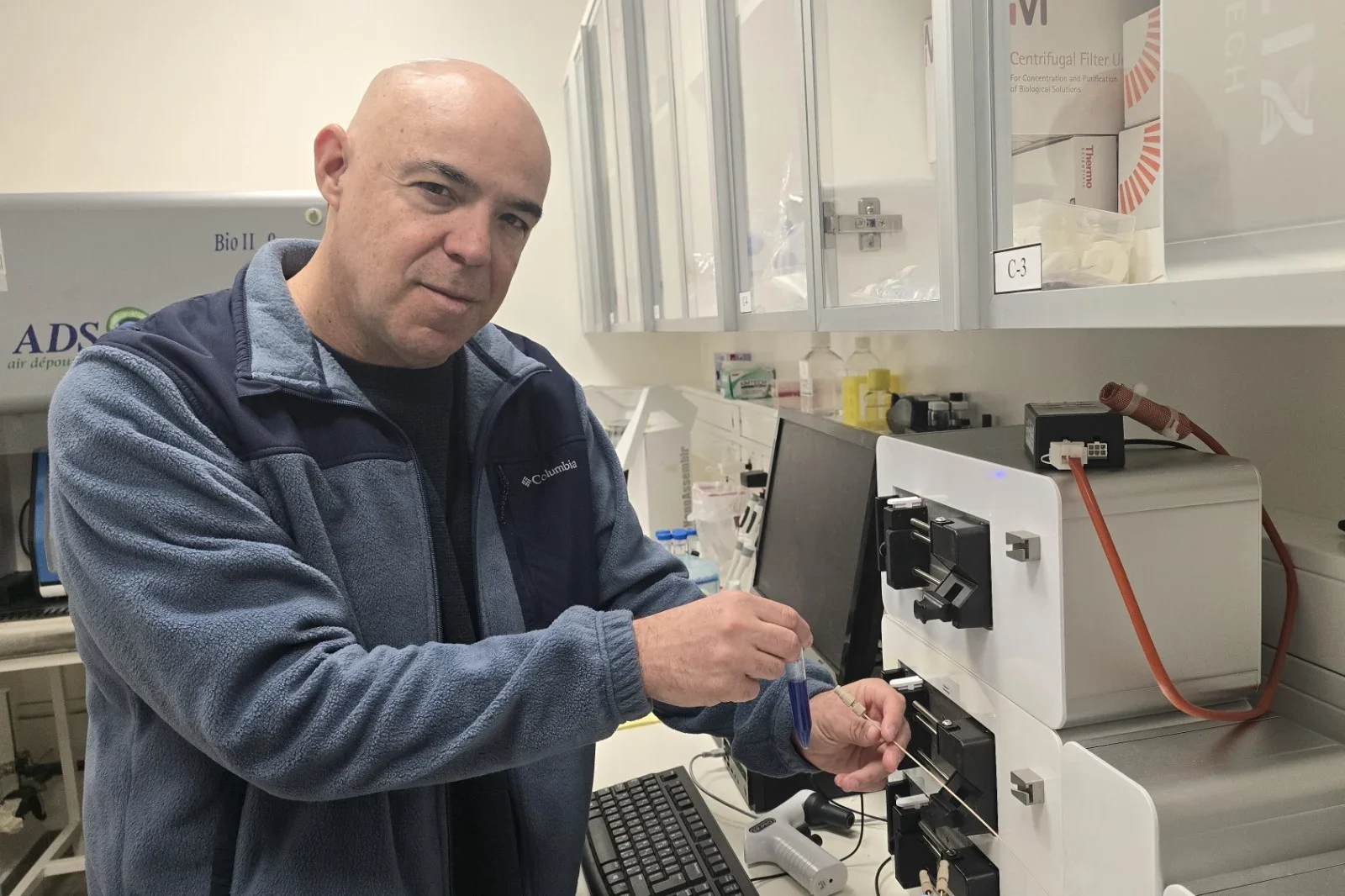Advances recognized by science’s most lucrative awards include Large Hadron Collider experiments and groundbreaking weight-loss treatments.



Chronic lower back pain is one of the top complaints that sends Americans to their doctors — and it’s a leading cause of missed workdays and disability claims.
While slipped discs, arthritis and spinal problems are often blamed, for some, the real culprit is an infection. Now, there’s hope on the horizon for these patients.
Early clinical trial results indicate a new antibiotic drug could treat — or even cure — the infection. Experts are hailing it as a “massive gamechanger” with the potential to drastically improve the quality of life for those suffering from chronic lower back pain.
EPFL’s Blue Brain Project deployed its powerful brain simulation technology and expertise in cellular and molecular biology to try and answer this question.

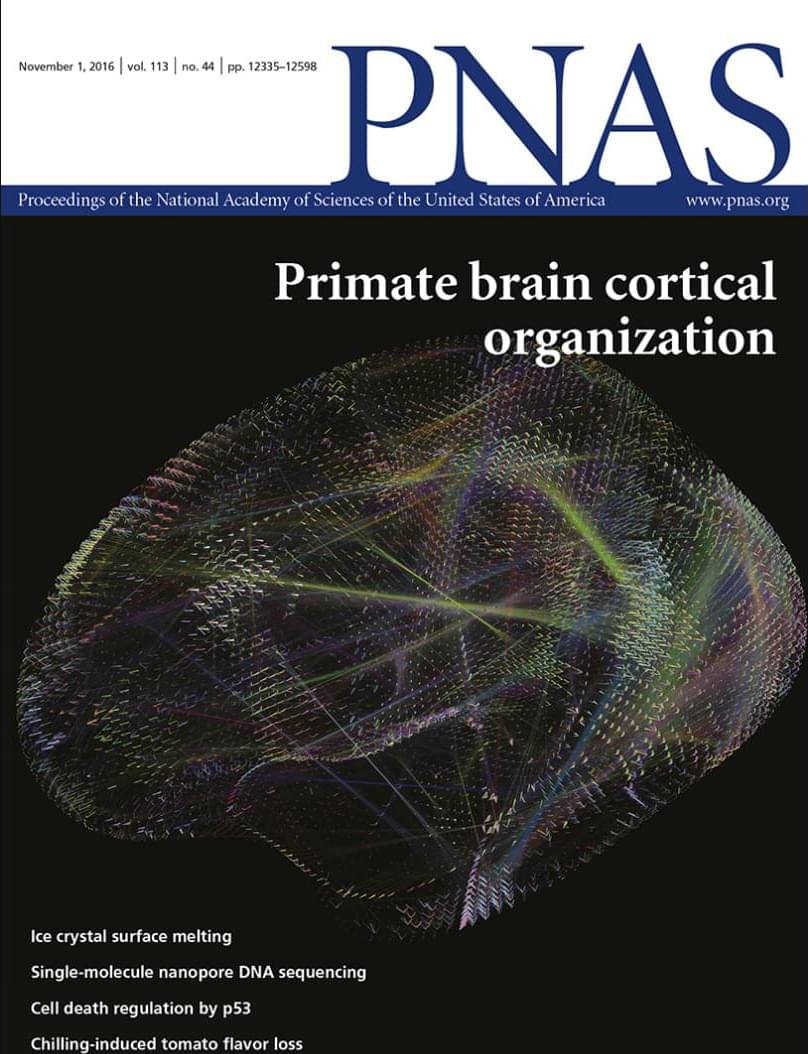
The clinical treatment of profound oxygen deprivation (hypoxemia) is time sensitive and requires skill and specialized equipment. When the airways or lungs become incapacitated (e.g., due to airway obstruction or lung injury), resuscitation is ineffective until oxygenation is restored. Many critically ill patients suffer organ dysfunction, cardiac arrest, or death within minutes. In this work, we describe a polymeric microparticle-based oxygen delivery technology capable of rapidly administering large volumes of oxygen gas through an intravenous line.
ABSTRACT: A continuous supply of oxygen to tissues is vital to life and interruptions in its delivery are poorly tolerated. The treatment of low-blood oxygen tensions requires restoration of functional airways and lungs. Unfortunately, severe oxygen deprivation carries a high mortality rate and can make otherwise-survivable illnesses unsurvivable. Thus, an effective and rapid treatment for hypoxemia would be revolutionary. The i.v. injection of oxygen bubbles has recently emerged as a potential strategy to rapidly raise arterial oxygen tensions. In this report, we describe the fabrication of a polymer-based intravascular oxygen delivery agent. Polymer hollow microparticles (PHMs) are thin-walled, hollow polymer microcapsules with tunable nanoporous shells. We show that PHMs are easily charged with oxygen gas and that they release their oxygen payload only when exposed to desaturated blood. We demonstrate that oxygen release from PHMs is diffusion-controlled, that they deliver approximately five times more oxygen gas than human red blood cells (per gram), and that they are safe and effective when injected in vivo. Finally, we show that PHMs can be stored at room temperature under dry ambient conditions for at least 2 mo without any effect on particle size distribution or gas carrying capacity.
Join us on Patreon! https://www.patreon.com/MichaelLustgartenPhD
Discount Links/Affiliates:
Blood testing (where I get the majority of my labs): https://www.ultalabtests.com/partners/michaellustgarten.
At-Home Metabolomics: https://www.iollo.com?ref=michael-lustgarten.
Use Code: CONQUERAGING At Checkout.
Clearly Filtered Water Filter: https://get.aspr.app/SHoPY
Epigenetic, Telomere Testing: https://trudiagnostic.com/?irclickid=U-s3Ii2r7xyIU-LSYLyQdQ6…M0&irgwc=1
Use Code: CONQUERAGING
NAD+ Quantification: https://www.jinfiniti.com/intracellular-nad-test/
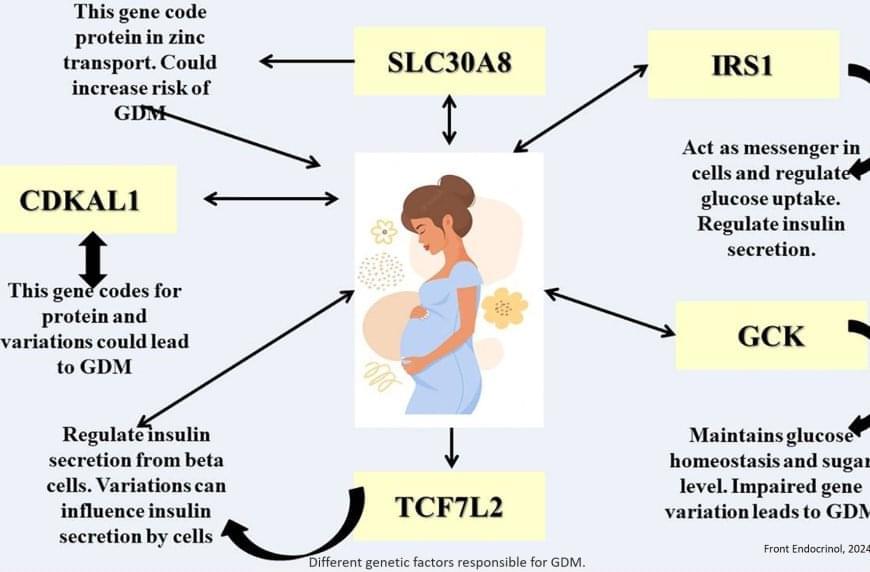
Gestational diabetes is a disorder characterized by abnormally high levels of blood glucose (also called blood sugar) during pregnancy.
Affected women do not have diabetes before they are pregnant, and most of these women go back to being nondiabetic soon after the baby is born. Gestational diabetes is often discovered during the second trimester of pregnancy.
The disease has a 30 to 70 percent chance of recurring in subsequent pregnancies.
Gestational diabetes mellitus (GDM) is influenced by both genetic and environmental factors. Polymorphisms in genes related to glucose metabolism and insulin signaling, such as TCF7L2, have been associated with increased risk. This gene influences insulin secretion and glucose production, affecting the body’s ability to regulate blood sugar during pregnancy. Other implicated genes include GCK, encoding glucokinase, and MTNR1B, involved in melatonin receptor signaling.
More information on genetic factors that contribute to the development of GDM is provided in the link below.
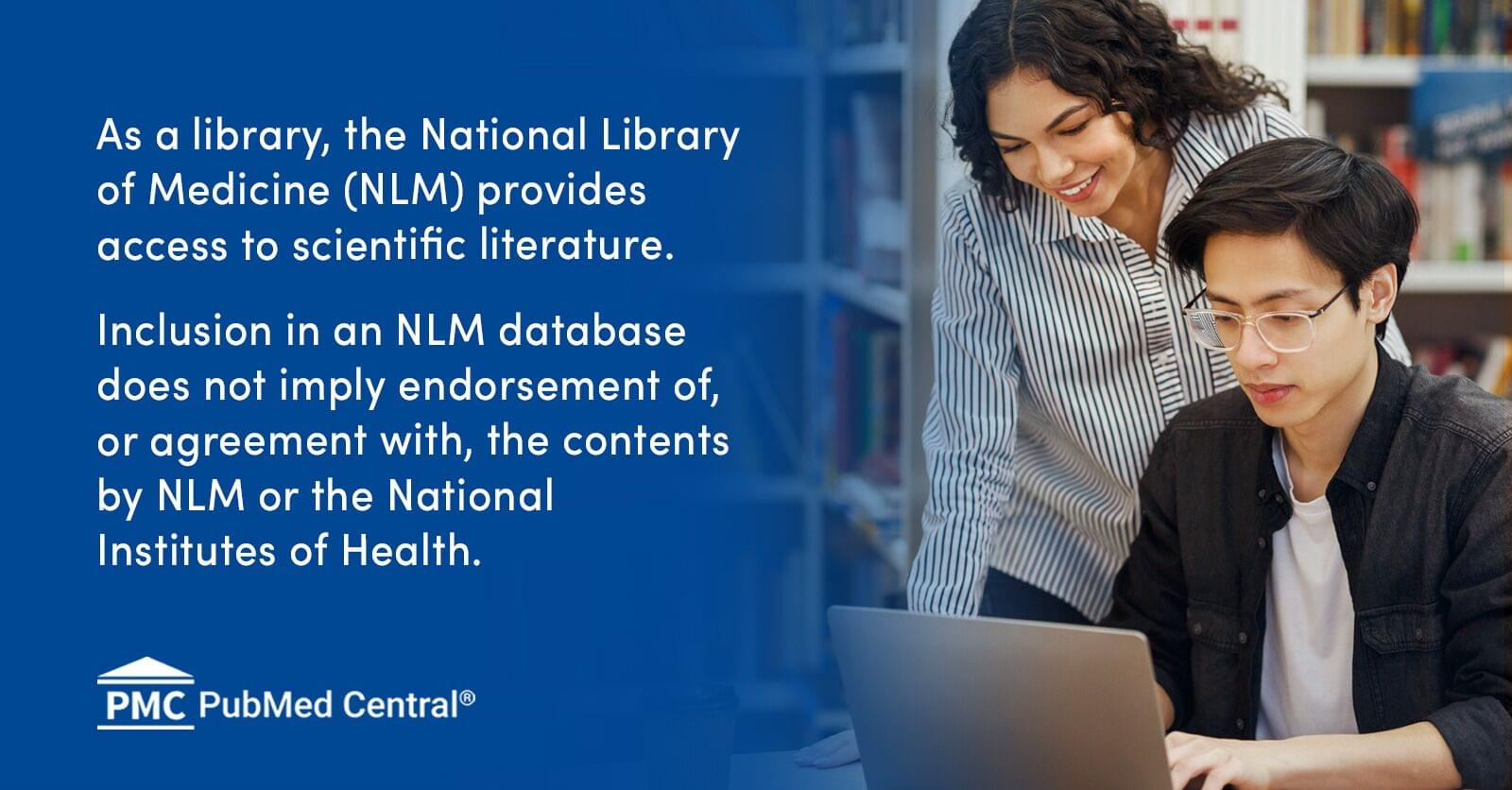
A variety of genetic conditions are known to affect brain development and, consequently, might potentially exhibit behaviours related to SIDs, as they impact areas involved in sensory processing and the perceptual integration of inputs. This is the case of Williams syndrome (WS), 22q11.2 deletion syndrome (22qDS) and pseudohypoparathyroidism (PHP). Although some previous research indicates sensory processing alterations in WS [20], this area remains largely unexplored in 22qDS and PHP.
The condition 22qDS, caused by a deletion in the q11.2 region of chromosome 22, is associated with significant brain abnormalities, along with cardiac anomalies, cleft palate, immune deficiencies, cognitive difficulties, and an increased risk of psychiatric disorders such as schizophrenia [21]. Common structural alterations include hypoplasia of the corpus callosum, which impacts interhemispheric communication, and anomalies in the thalamus, affecting the relay of sensory and motor information. Additionally, structural changes in the cortical brain regions, such as variations in cortical thickness, have been observed. These structural abnormalities are linked to disruptions in neural networks and can contribute to deficits in cognitive and emotional functions, impacting development and behaviour in individuals with the syndrome [22].
WS is caused by a microdeletion in the chromosomal region 7q11.23. It is characterised by a distinctive cognitive and behavioural profile, including strong social and verbal skills, accompanied by anxiety and attention problems. Additionally, individuals with WS may present with cardiovascular anomalies, hypercalcemia in infancy, and a distinctive facial phenotype [23]. MRI studies reveal reduced brain size and a more pronounced loss of white matter compared to grey matter in WS. The posterior brain regions are notably more affected, with reduced grey matter density observed in the superior parietal lobe and hypofunction near the intraparietal sulcus, areas associated with multisensory integration and perception [24].
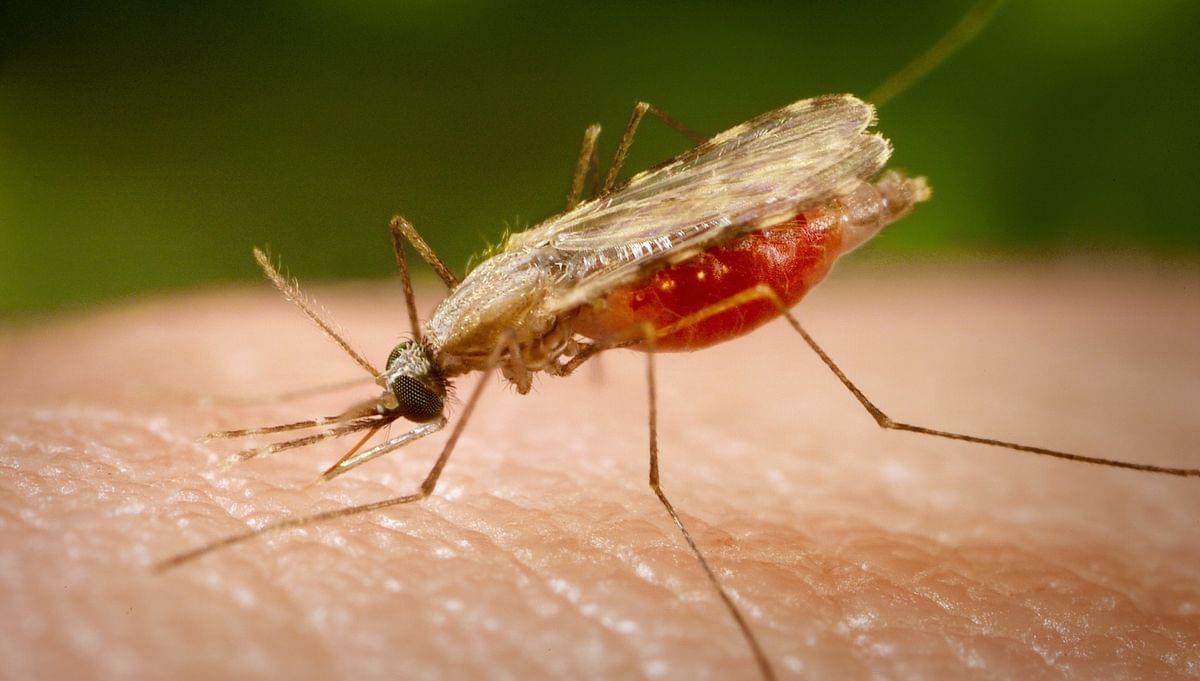
A single dose of nitisinone (approximately 0.1 milligram per kilogram of body weight) could make someone’s blood deadly to mosquitoes for around five days, they found. However, no mosquito mortality was observed for “any single dose of ivermectin,” the team reported.
In a separate analysis, the researchers fed mosquitoes blood samples from three patients with alkaptonuria who regularly took 2 mg of nitisinone a day. All of the mosquitoes died within 12 hours of feeding. Blood from a patient with alkaptonuria who had not started the treatment was not toxic to mosquitoes.
Taken together, these findings suggest that nitisinone therapy could be a promising new malaria-control method. However, the researchers cautioned that there are still many hurdles to overcome before the drug could be used for this purpose.
